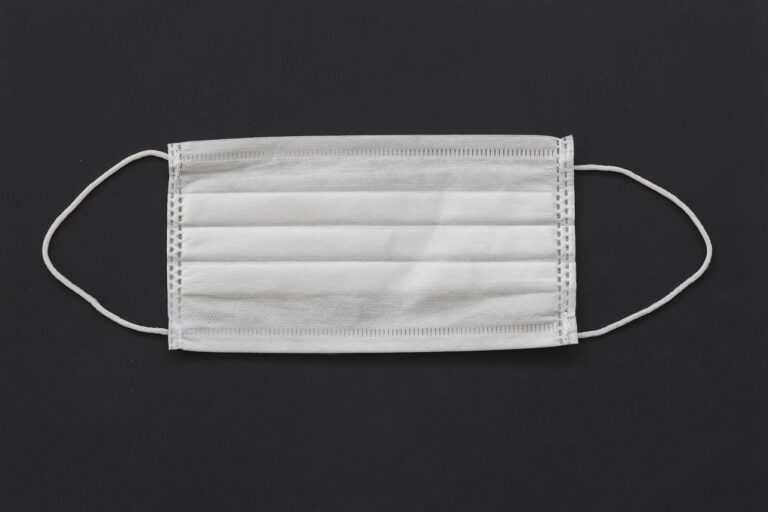Analyzing the Role of Medical Laboratories in Assessing Noise Pollution: Betbhai9 id whatsapp number, Playexch login, Lotus 365 win
betbhai9 id whatsapp number, playexch login, lotus 365 win: With noise pollution becoming an increasingly concerning issue in urban areas, the role of medical laboratories in assessing its impact on human health cannot be overlooked. Medical laboratories play a crucial role in conducting tests and analysis to determine the levels of noise pollution and its potential effects on individuals. In this article, we will delve into the significance of medical laboratories in addressing noise pollution and its implications for public health.
Assessing Noise Pollution Levels
One of the primary roles of medical laboratories in the context of noise pollution is to measure and assess the levels of noise in different environments. By using specialized equipment and techniques, medical laboratories can accurately measure the decibel levels of noise pollution in residential, industrial, and commercial settings. These measurements help in identifying areas with excessive noise pollution and evaluating its impact on individuals residing or working in those areas.
Understanding the Health Impacts
Medical laboratories also play a critical role in understanding the health impacts of noise pollution on individuals. By conducting experiments and studies, medical professionals can analyze the effects of prolonged exposure to high levels of noise on physical and mental health. Research has shown that noise pollution can lead to a range of health issues, including hearing loss, cardiovascular problems, sleep disturbances, and even cognitive impairment. Medical laboratories help in quantifying these health impacts and providing valuable insights for policymakers and healthcare professionals.
Developing Preventive Measures
Based on the findings from their tests and analysis, medical laboratories contribute to the development of preventive measures to mitigate the effects of noise pollution. This may involve recommending the use of protective gear, implementing soundproofing techniques in buildings, or establishing noise control regulations in specific areas. Medical laboratories play a crucial role in raising awareness about the adverse effects of noise pollution and promoting measures to reduce its impact on public health.
Collaborating with Public Health Authorities
Medical laboratories often collaborate with public health authorities to address noise pollution issues at a community level. By sharing their data and insights, medical professionals can influence policy decisions and advocate for interventions to reduce noise pollution in urban areas. Through collaborative efforts, medical laboratories can contribute to creating healthier and more sustainable environments for individuals to thrive.
Educating the Public
In addition to conducting tests and analysis, medical laboratories also have a role in educating the public about noise pollution and its consequences. By disseminating information through workshops, seminars, and online resources, medical professionals can raise awareness about the importance of sound environment management and encourage individuals to take proactive steps to protect their health from the harmful effects of noise pollution.
Conclusion
In conclusion, medical laboratories play a crucial role in assessing noise pollution and its impact on public health. By measuring noise levels, understanding the health impacts, developing preventive measures, collaborating with public health authorities, and educating the public, medical professionals contribute to creating healthier and more sustainable environments for individuals. Through their efforts, medical laboratories help in addressing the challenges posed by noise pollution and promoting the well-being of communities.
FAQs:
1. How does noise pollution affect human health?
Noise pollution can lead to a range of health issues, including hearing loss, cardiovascular problems, sleep disturbances, and cognitive impairment.
2. What role do medical laboratories play in addressing noise pollution?
Medical laboratories measure noise levels, assess health impacts, develop preventive measures, collaborate with public health authorities, and educate the public about noise pollution.
3. What are some preventive measures to reduce noise pollution?
Protective gear, soundproofing techniques, and noise control regulations are some preventive measures to mitigate the effects of noise pollution.







